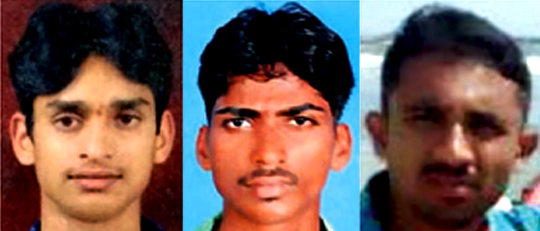Bengaluru, Mar 21: Appealing for support to the Prime Minister's call for observing 'Janata Curfew' on Sunday to contain the outbreak of COVID-19, Karnataka Chief Minister B S Yediyurappa has asked people not to come on roads immediately after the end of curfew time as it can nullify the measure.
Noting that people have extended both moral and societal support to this unique curfew, he said "Now, my appeal to people on behalf of Prime Minister Narendra Modiji is, don't come on roads and out of your dwellings immediately after nine in the night when curfew time ends. Remain settled in your houses and bungalows avoiding all public appearances on roads and other public places."
"Your coming out in open can nullify the 14-hour measure to contain the spread of virus. As a co-operation to authorities and the society, please remain indoors and stay with your near and dear ones," he said in a release.
Calling for "resolve and restraint" to fight the virus, the Prime Minister during his address to the nation on Thursday had asked the entire country to observe 'Janata curfew' on Sunday.
Calling for a 'Janata curfew' on March 22 from 7 am-9 pm, Modi had said no citizen, barring those in essential services, should get out of their house, and asserted that it will be a litmus test to show how much India is ready to take on the challenge of the coronavirus pandemic.
Stating the Karnataka government has so far been dealing successfully in containing the Covid-19 virus, Yediyurappa said this has happened because of people's co- operation.
He also asked people not to forget to involve in a bout of applause as a mark of appreciation to people involved in containing the spread of the virus and treating those affected by it.
Three new COVID-19 cases have been confirmed in Karnataka on Saturday, taking the total number of infections to 18 in the state.







Comments
It requires broadening of road system around....same narrow roads but more and more vehicles added in to it....every other day we hear one or other kind of accidents....
Tax payers money going in to the hands of corrupt politicians...not reaching to road broadening work at all....
what i m hearing now a days, in 1 week this the third news i m hearing of the accident.
many Youths lost their life by this kind of long drives.
Really tragic, RIP
my heartfelt condolences to the family,
Add new comment